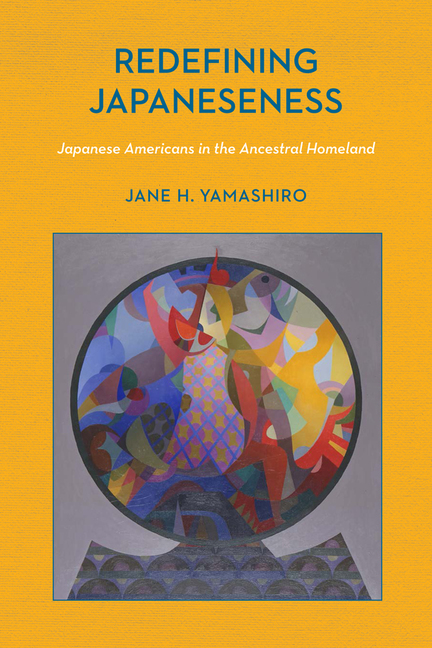Four Queer Black Canadian Women Writers You Should Be Reading for Black History MonthPosted in Articles, Book/Video Reviews, Canada, Gay & Lesbian, Media Archive, Women on 2017-02-06 16:38Z by Steven |
Four Queer Black Canadian Women Writers You Should Be Reading for Black History Month
It’s February, and that means it’s Black History Month! Check out these four queer Black Canadian women authors whose books you should definitely have on your shelves.
I only recently read my first book by Calgary fiction writer and academic Suzette Mayr, who’s got mixed Afro-Caribbean and German background. Venous Hum is a satire set in Calgary full of wacky stuff like vegetarian vampires, extramarital affairs, and high school reunions, while the African-Canadian mixed race lesbian main character Lai Fun (named because her father loves the Chinese noodle of the same name) stumbles through her late thirties. It’s weird, and really funny. Mayr’s most recent novel is Monocerous, which has won and been nominated for lots of awards like the 2012 ReLit Award, the City of Calgary W.O. Mitchell Award, and more! It’s a tragicomic story about the aftermath of the suicide of a 17-year-old bullied gay boy and how his death affects everyone around him. Her previous novels are The Widows and Moon Honey—don’t you just love her unique, inventive book titles?—are about topics as diverse as three older women deciding to go over Niagara Falls in a bright orange space-age barrel and white lovers magically waking up Black. Hers is fiction to read if you are looking for a new take on magical realism and are bored of all the same-old, same-old tales about lesbian relationships. Her next book is due out later this year, and is called Dr. Edith Vane and the Hares of Crawley Hall…
Read the entire article here.


